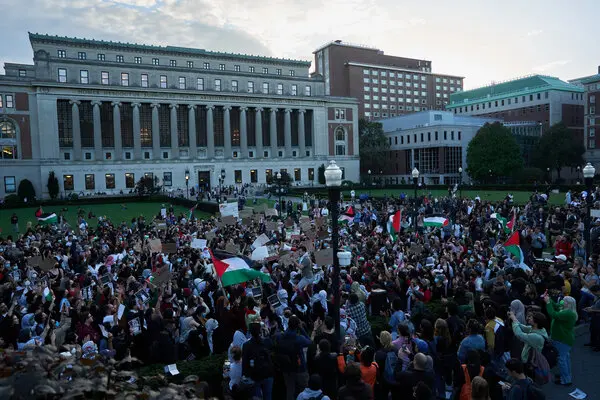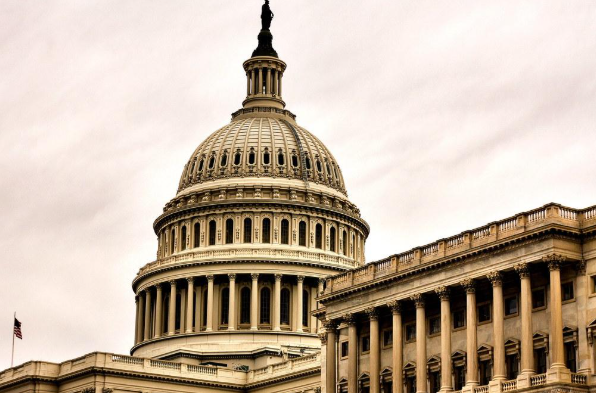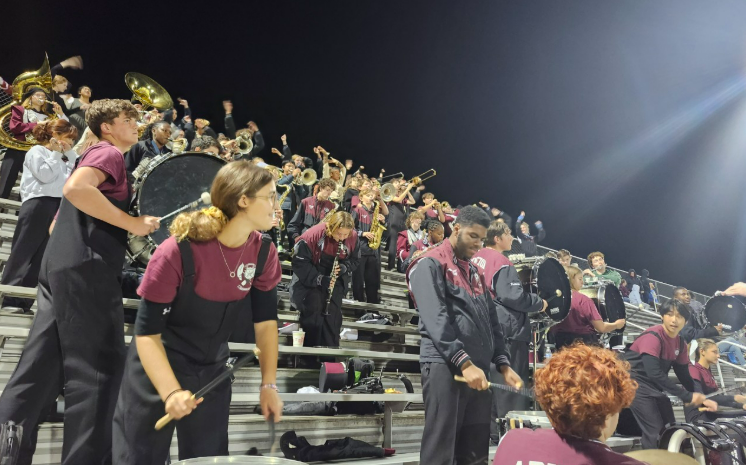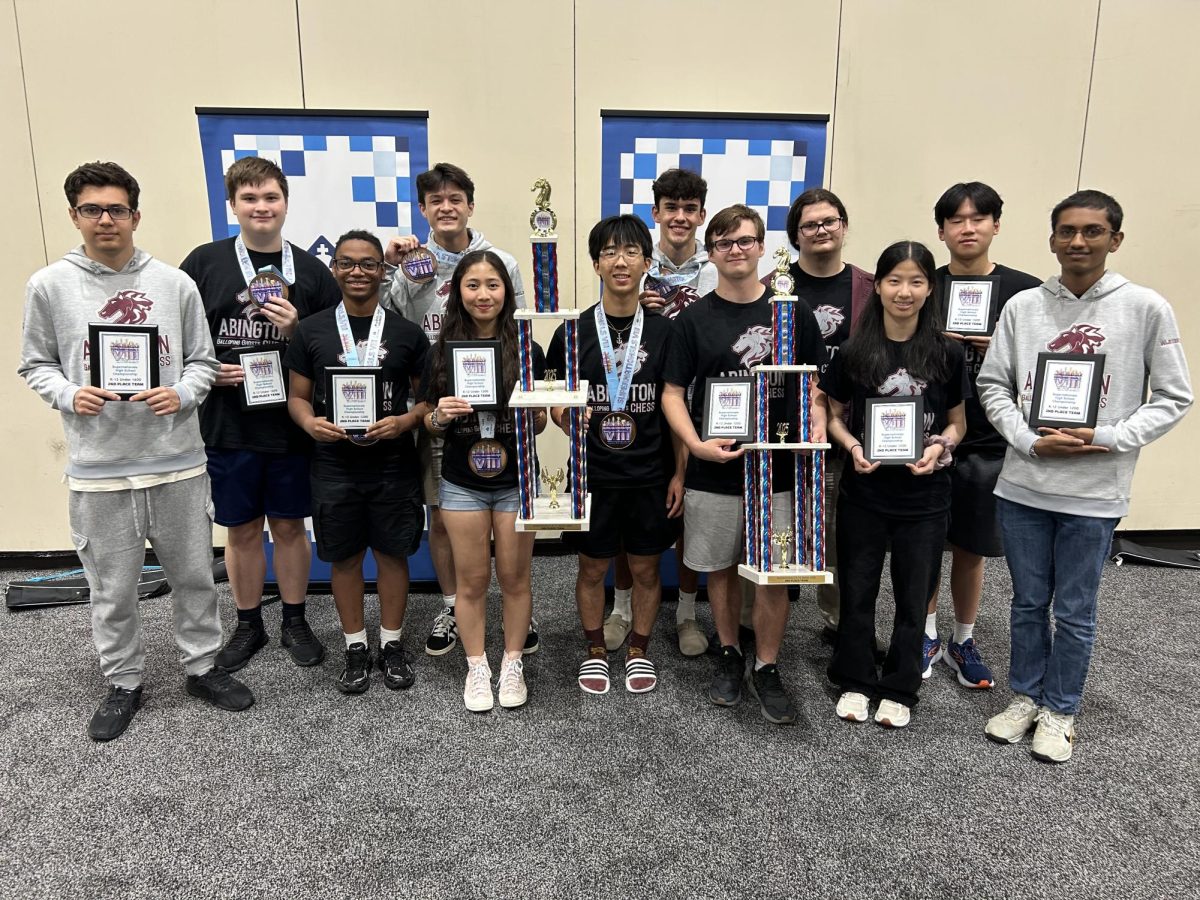On April 17th, 2024, students at Columbia University in New York City launched an on-campus encampment campaign in an effort to bring to light the college’s and the country’s involvement in Israel’s occupation of the Gaza Strip. This campaign, and the ongoing protests following, have inspired countless other demonstrations in colleges across the country as a means of bringing awareness to the United States’ role in the Gaza conflict as the government continues to fund military action on the part of Israel.
The United States’s relationship with Israel dates back to the country’s introduction as an independent state into the United Nations, the borders of which had come into concern among Palestinians who would be divided by the changes Israel proposed in partitioning the area. The countries’ mutual business and political relationship has been carefully maintained over the course of the 75+ years following, as it opens several alliances of interest. In being Israel’s no.1 trading partner, one major privilege granted to the United States by Israel is the opportunity to base corporations like Cisco, Intel, and HP in the country for product invention and manufacturing. Through this market, the US can design specialized high-tech and military products in an effort to remain cutting-edge and competitive in the global business arena (usembassy.gov).
However, there’s some additional history to this conflict that hasn’t quite made news headlines. Because of this, many might be tempted to dismiss the conflict as a stand-alone war when it is actually one consequence of an ongoing effort by Zionist settlers and their British allies to establish and occupy a colonial Jewish state in natively Arab-populated Palestine (wikipedia.org). While these tensions can be traced back to as early as their origins in the late 19th and early 20th century, the most recent climax began on the 7th of October, 2023, when members of the extremist Palestinian movement Hamas launched a surprise attack on Israeli militants around the Gaza-Israel border. The group, which has held some degree of governance over the Israeli-possessed Gaza Strip since their ascendance in 2007, cited Israel’s continued occupation of Gaza, illegal extension of Israeli settlements, and blockade on food, water, and medicine as exigence for their behavior (wikipedia.org). This phase of the war, including Israel’s militaristic retaliation, has since resulted in the deaths of more than 34,000 Palestinians and approximately 1,200 Israelis, with 133 still held hostage by Hamas (npr.org).
Zionism– the nationalist movement to establish this homeland in Palestine as sparked by the rise of anti-Semitism in 20th-century Europe– is an independent belief system, and does not represent or have any association with the Jewish community as a whole; in fact, many Jewish people are calling for peace either as members of these groups or as allied Jewish student unions, as seen at Columbia. While explicitly ethnic and faith-based charges have understandably been a subject of due concern, these demonstrations have frequently called for a union between these groups in a rally for peace and lesser collegiate investment in the encouragement of further violent and offensive action, citing the reduction of hate and misinformation as a core objective.
The infusion of due context into discussions of global concerns has of course become increasingly more important following the trend of different press outlets toward polarity and the threat of the TikTok ban ahead of the next election. Many cite platforms like TikTok as a major reason for why they can stay informed on what’s happening in real-time and on a smaller, more direct scale, as it allows for a unique ease of information sharing and poses further opportunities for the expression of free speech. College protests have long since been a result of mounting discontent among American youth toward collegiate and political action, or lack thereof, particularly during the late 1960s as a response to the Vietnam War.
Deals have since been struck at Northwestern and Brown University, among others, to examine colleges’ related investments in the conflict. However, campus activity is only likely to influx in the coming months as the political landscape continues to shift in anticipation of the fast-approaching 2024 presidential election.








